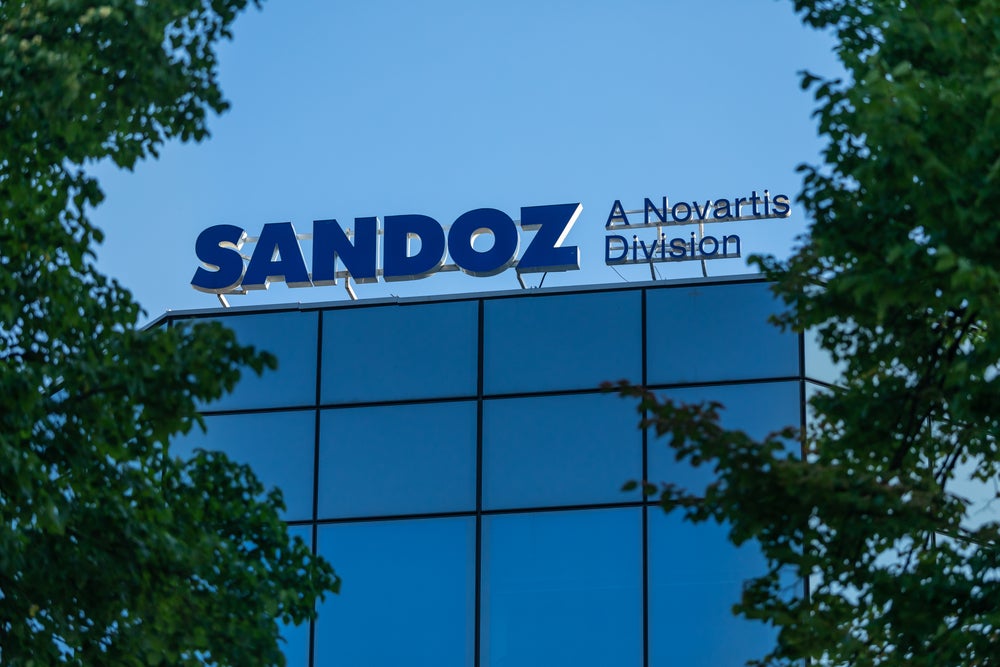
Sandoz has completed its separation from Novartis and commenced trading under the symbol “SDZ” on the SIX Swiss Exchange.
Sandoz opened at a stock price of 24 Swiss francs on Wednesday morning. Reuters reported the company was valued at a lower-than-expected $11.2 bn (10.3bn Swiss francs).
In September, Novartis announced plans to spin-off its Sandoz subsidiary, stating its aim was to focus on being a purely innovative medicines company.
Sandoz has recorded underwhelming financials in the past years, although the subsidiary did generate record sales of $2.4bn in biosimilars in Q2 2023. Announcing the commencment of trading, Novartis said that Sandoz “is well placed for continued profitable growth as a standalone global leader and European champion in generic and biosimilar medicines.”
Sandoz states that cumulative worldwide savings due to biosimilars is estimated to reach $215bn between 2021 and 2026. An estimated 80% of medicines used worldwide by volume are generics and biosimilars.
The spin-off was conducted via distribution of a dividend-in-kind – stakeholders in the pharma giant received one Sandoz share for every five owned. The shares are being traded on Swiss Performance Index (SPI) and the Swiss Leader Index (SLI), amongst other Swiss indices. Sandoz ADRs (American Depositary Receipts) – a form of equity security for American investors – also started trading on the US OTCQX exchange as part of the split.
Access the most comprehensive Company Profiles on the market, powered by GlobalData. Save hours of research. Gain competitive edge.

Thank you!
Your download email will arrive shortly
We are confident about the unique quality of our Company Profiles. However, we want you to make the most beneficial decision for your business, so we offer a free sample that you can download by submitting the below form
By GlobalData
Sandoz has said it will now focus on filing regulatory approval for its highly anticipated Eylea (aflibercept) biosimilar.
In September the company won European approval for its Tysabri biosimilar Tyruko (natalizumab), adding to a US Food and Drug Administration (FDA) approval for its Humira biosimilar Hyrimoz (adalimumab-adaz).
Speaking in a December 2022 briefing report, GlobalData Analyst Sonnika Lamont said: “GlobalData forecasts that the expansion of biosimilars outside of oncology indications will continue to drive growth in the biopharmaceutical industry due to an increased need for outsourced manufacturing. According to McKinsey’s Biosimilar market model, this growth is set to reach $60bn by the end of the decade.”
